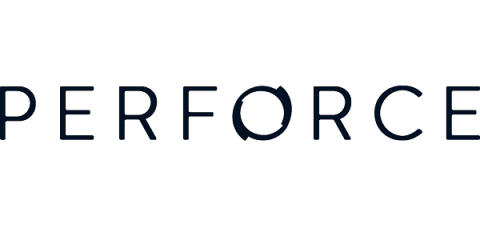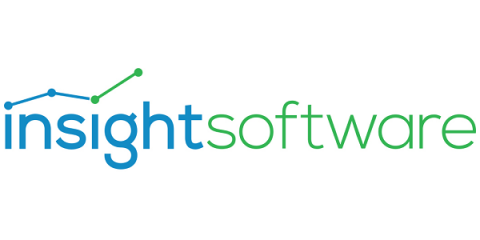2024 DORA Reaction on AI and Platform Engineering falling short
The 2024 DORA report had interesting findings on the impact of AI development. But some statistics were surprising. Listen to Speedscale CTO Matt LeRay break down why some of this news makes sense and others are surprising, with research from other sources.











